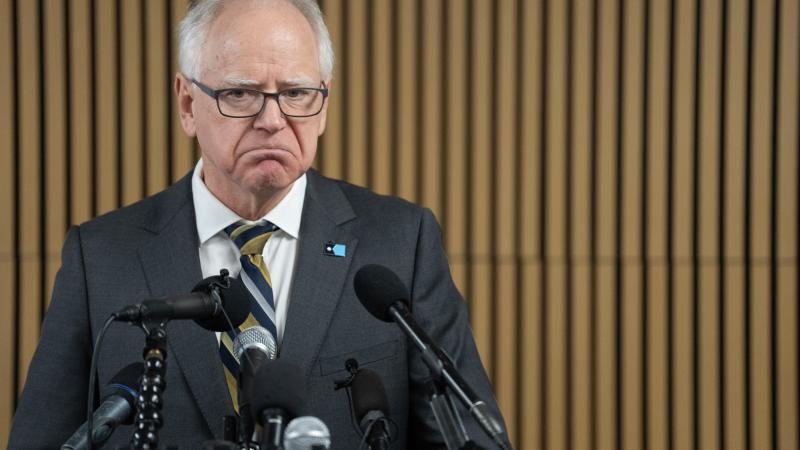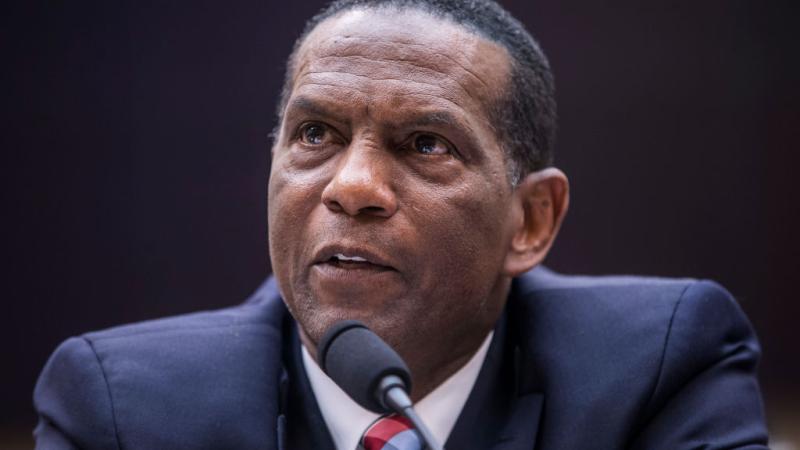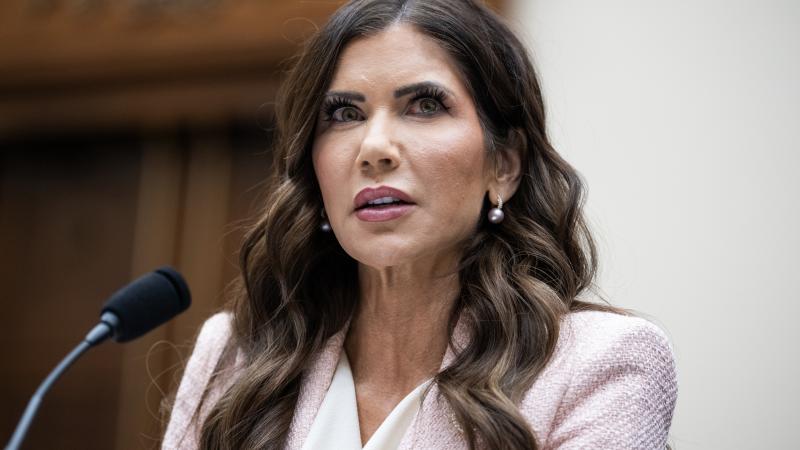Utah taking targeted approach on illegal immigration, Venezuelan prison gang violence
Several counties have been flooded with illegal border crossers, including Salt Lake where shelters were at 100% capacity.
Utah is taking a targeted approach to help President-elect Donald Trump with his deportation efforts after the state has been inundated with illegal border crossers and crime, Gov. Spencer Cox has pledged.
Several counties have received an influx of illegal border crossers, including Salt Lake County where shelters were at 100% capacity for months.
"We are seeing an increase in asylum-seekers, mostly from Venezuela," one homeless advocacy group told KSL News.
The influx of Venezuelans and others was so great that the county issued an alert in Spanish and English saying there was no room for them. The alert, “Utah Intended Destination Alert,” states: “For your safety, please be aware of Utah's limited resources for asylum seekers. No shelter space is available. You will not be placed in a hotel. Housing is difficult to find inexpensive. The food banks and other basic maid services are at capacity. There are long wait times for legal assistance to apply for asylum and work permits. If you do not have a safe, stable connection or family in Utah, consider another state to settle in the U.S.”
At least two alleged crimes have been linked to Tren de Aragua, a violent Venezuelan prison gang, in Herriman and Millcreek, according to arrests reports.
Unified Police of Greater Salt Lake officers arrested three confirmed TdA members who were charged with aggravated burglary and five counts of aggravated assault, first- and third-degree felonies, respectively. They allegedly broke into a residence, holding those inside at gunpoint and threatening to kill them for “messing with their girls,” KSL News reported. Two women claimed they’d been forced into prostitution; another was held at a local hotel who’d been assaulted, authorities said, KSL News reported.
Utah law enforcement officials first identified TdA criminal activity in the spring connected to smuggling operations that pose “a growing threat to public safety in Utah,” Cox said.
It’s not just Venezuelans and TdA members increasing public safety threats. The majority of illegal foreign nationals convicted of crimes were convicted for sex offenses and murder, Cox said. Overall, criminal illegal foreign nationals make up “an estimated 4.6% of Utah’s prison population, costing the state nearly $16 million per year,” he said.
In the past year, illicit drug distribution increased along the Jordan River Trail “where more than half of all drug-related felony offenses this year have been committed by individuals who are in the country illegally,” he said.
Utah authorities have already turned over a large number of convicted criminal illegal foreign nationals to U.S. Immigration and Customs Enforcement, Cox said before announcing the state’s targeted effort to support Trump’s deportation efforts.
The new effort includes “identifying other intercept points where those who have been convicted of crimes can be turned over to ICE for deportation, relieving Utah taxpayers of the cost of imprisonment or parole.”
Last month, Trump’s border czar, Tom Homan, explained his priority is to arrest and remove criminals who pose the greatest danger to Americans, The Center Square reported.
Utah’s departments of Public Safety and Corrections will lead efforts to “identify, incarcerate and deport more illegal immigrants who have committed crimes and pose a threat to public safety,” Cox said.
This includes identifying those already in the criminal justice system who are in the country illegally and working with federal agencies to remove them. Training and guidance will be provided to support local and state authorities to identify those who are incarcerated “who should be turned over to” ICE. It also involves reducing “unreasonable federal regulations and detention standards that interfere with the ability to house criminal detainees,” he said.
Utah’s newly created Fentanyl Taskforce will work on “long-term solutions” and consequences to respond to illegal foreign nationals engaged in fentanyl distribution and the state legislature will work on several “policy enhancements associated with criminal behavior” by illegal foreign nationals in the next legislative session, Cox said.
“When it comes to immigration policy, the safety of Utah residents is my top priority,” he said. “Utah will continue to welcome refugees and immigrants who enter the country lawfully, and we will continue pushing for reforms to the asylum process and for more visas to support our workforce needs. We have zero tolerance, however, for those who demonstrate a threat to public safety while in the country illegally.”
Cox criticized the Biden administration, saying, “Federal immigration authorities have failed in their duty to the American people and they’ve left states and localities to independently manage the fallout of those failures. We’re grateful to have an administration coming in who will take these problems seriously.”
Commissioner of Public Safety Jess Anderson said criminal cartels “need to be held accountable for drug and human trafficking, including facilitating the return of previously deported felons. We anticipate that with increased border enforcement, we can take strong action on these aggravated reentries, where deported felons return to commit additional crimes.”
“Utahns shouldn’t have to bear the substantial financial burdens or public safety impacts associated with individuals who are here illegally committing crime,” Department of Corrections Executive Director Brian Redd said. “As we develop more confidence in federal policy, it makes sense to be more aggressive in deporting those who commit crime and victimize our communities.”















